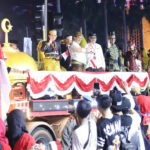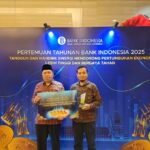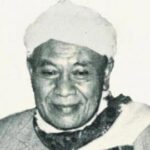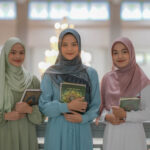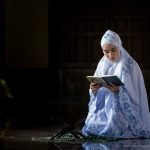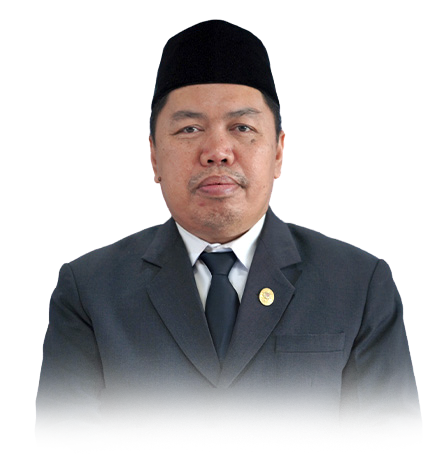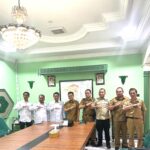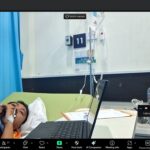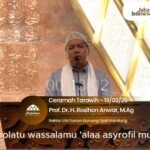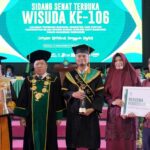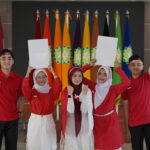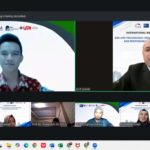A Quest for True Islam is a study of one of the most important movements of renewal in the history of Indonesian Islam. This movement began in the 1970s at a time when the Islamic world was entering its 15th century. It took shape in the 1980s and, in the late 1990s, developed a political dimension that has continued to carry forward efforts to the present.
A particular value of this study by Drs Rifki Rosyad derives from the fact that it was carried out, in the early 1990s, in the midst of the movement, when its various directions were by no means evident. Drs Rosyad saw the importance of the movement as a vital form of renewal and recognized its broad foundation among the Muslim student population of Indonesia. He was able to identify its beginnings at the Bandung Institute of Technology (ITB) and to chart its rapid spread and development in other universities throughout Indonesia.
The publication of this volume thus offers to a wider community a study of considerable research prescience. Drs Rosyad has done more than document the events of the period; he has captured the ‘flavour’ of the early 1990s with its defiant optimism amid frustration. He also provides an historical context for these occurrences and, importantly, links them to wider developments in the Islamic world.
As Drs Rosyad argues, no single factor can be cited as the cause of the Islamic resurgence that emerged in Bandung. A confluence of factors was of significance. To provide an understanding of these factors, Drs Rosyad examines the understanding of the contemporary situation and of a perceived history held by the key figures in the movement. This becomes an anthropology of the period in its relationship to the past.
A core segment of this study is based on interviews with activists, including M. Imaduddin Abdulrahim, associated with the Salman Mosque on the ITB campus. Although this study focuses on the inspiration provided by activities at the Salman Mosque, its strength is in its examination of what Drs Rosyad calls the ‘fertile milieu’ of the period that allowed a plethora of movements (harakah) to flourish, ranging from those of the Ikhwan al-Muslimin, Hizb al Tahrir, Salafiyah, Dar al-Arqam, or Jama’ah Tabligh to the efforts of the younger generational proponents of Darul Islam. Anyone interested in the current activities of these groups in Indonesia today would be well advised to read this study to appreciate the context of their inception. This is a perceptive and original research effort that offers many valuable insights.
Drs Rifki Rosyad was enrolled at The Australian National University as a student for two years from 1993 to 1995. As part of his study for the Masters degree, he conducted his research in Indonesia for his thesis. Since 1992, he has held the position of professor at the State Islamic University — Universitas Islam Negeri,
UIN — Sunan Gunung Djati — Bandung and has continued to pursue a variety of research interests. It is important that his work be recognized among a wider audience for whom electronic publication represents the future.
James J. Fox


